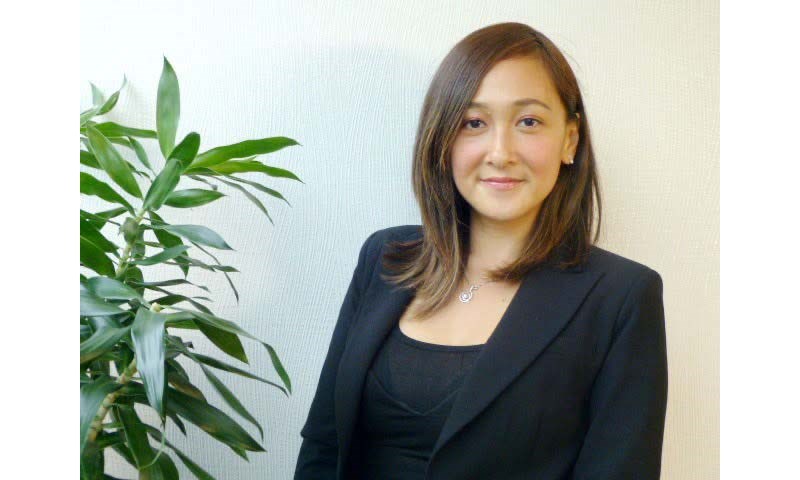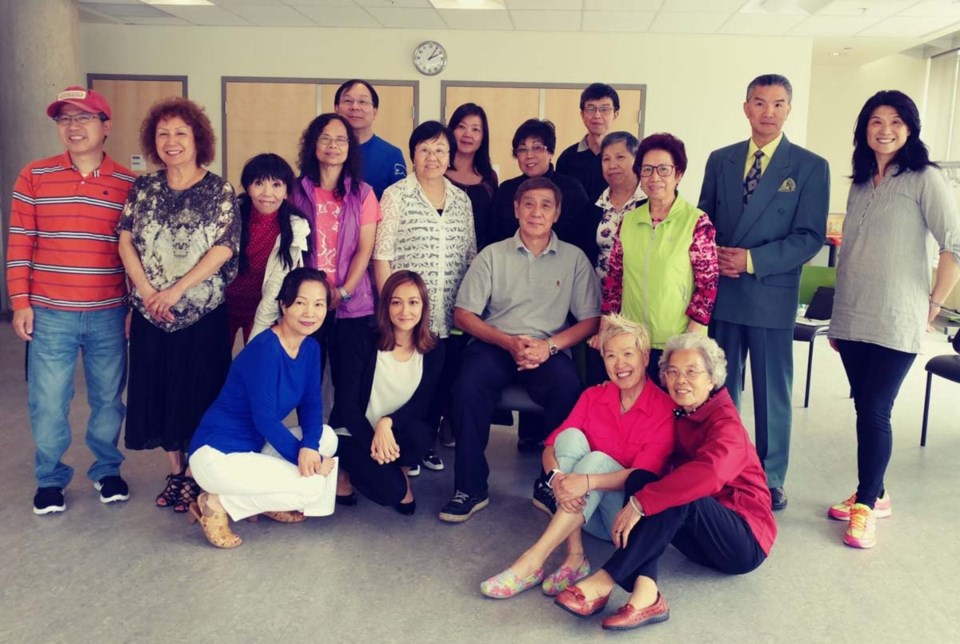A group of Chinese seniors is finding the humorous side of their isolation during the pandemic, thanks to the work of their clinical counsellor.
The 14-strong group — which gets together as part of a prevention initiative in the Chinese community to deal with addiction and mental health — would usually meet face-to-face with Phyllis Chan and also get involved in a bit of amateur drama.
However, due to the pandemic restrictions, Chan has had to corral the seniors into using Zoom conference video and Chinese social media app WeChat to act out their roles and communicate.
Their latest skit, said Chan, is very amusing, as it deals with COVID-19 and is a “kind of comedy connected to avoiding isolation.”
“One storyline is about a friend helping another to buy toilet paper and then, as a thank you, the recipient spends lots of time trying to buy toilet paper to give back,” said Chan, adding that “it was a bit crazy” at the beginning getting the seniors to navigate through Zoom and social media.
“There are also lines in the drama about people wearing the masks the wrong way and also some jokes about the 7 p.m. cheer creating anxiety, as many of them are still cleaning dinner dishes and don’t know whether to go out and cheer or not.”

Chan said the group, and its dramas, focus on connections and avoiding isolation, such as the mentality that they’re “too old” to do anything new.
“They are a variety of people, a wide range of seniors. Some of them are lost. They don’t have many friends…they use this (group) as a way to make friends.”
Many of them, added Chan, were already feeling isolated before the pandemic cut them off from the world even more.
“Yes, living alone, they don’t want to go out. They used to meet every day for dim sum, do volunteer work. Now they are stuck at home.”
With “phase 2” of B.C.’s recovery plan now a week or so old, the conversation in Chan’s group has turned to getting back out and about a little more.
However, not everyone is ready for such a leap, said Chan who, as well as working in the B.C. Responsible & Problem Gambling Program, has her own private practice.
“Some still feel worried, especially if they have health issues and a lot of their information comes from Asia, where the policies are very different.
“Some of them can’t wait to get together for lunch and get a haircut, but some are still cautious.”



